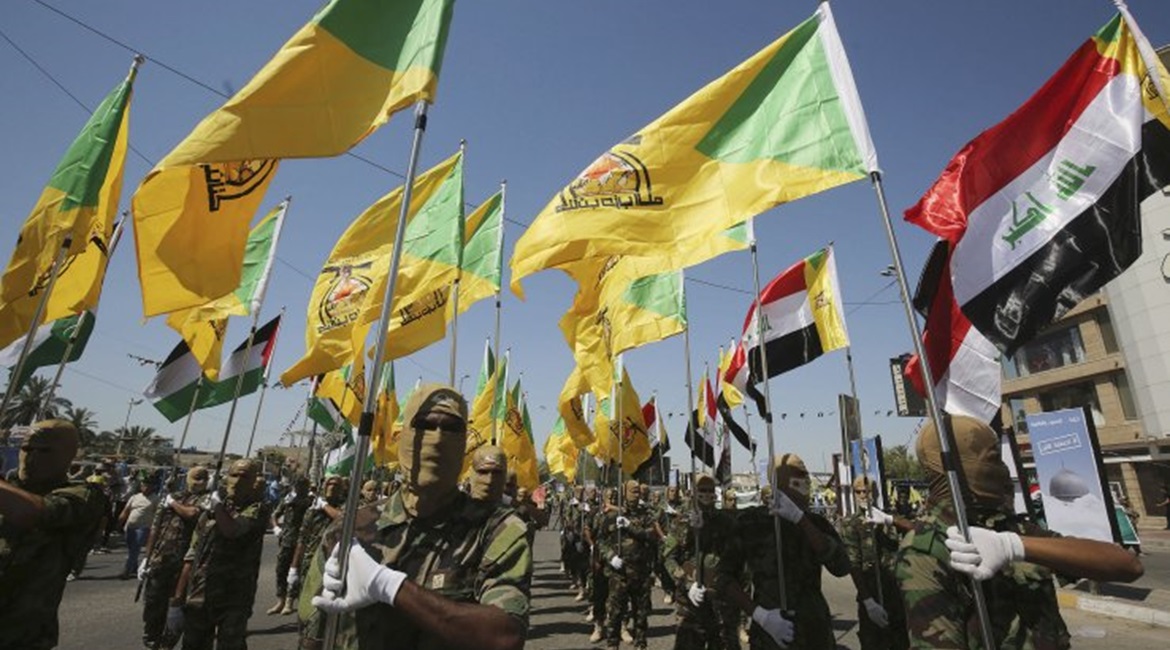
On 7 May, Mustafa al-Kadhimi assumed the office of Prime Minister in Iraq. He had run on a bold reformist agenda, singling out for reform the Iran-backed Shia militias known as Hashd al-Shaabi, or the Popular Mobilisation Forces.
Kadhimi’s motivations for seeking to exert political control over Hashd al-Shaabi are multi-faceted. First, the Iraqi government has found itself under increasing pressure from the United States to curb Iranian influence in the country. Second, allegations of corruption within the militias, and on the part of politicians closely associated with them, pose an opportunity for Kadhimi to possibly boost national coffers that have also been depleted by the Covid-19 pandemic by reducing this financial source to the militias and associated politicians. Third, given the deep unpopularity of Hashd al-Shaabi among the Sunni population – on account of heavy-handed responses to protests in the capital Baghdad and in other cities – reforming the militias would personally provide Kadhimi with political capital.
It is not clear, however, how such actions will be perceived within the Iraqi armed forces, which are composed predominantly of Shia Muslims and of which Hashd al-Shaabi is now an integral part. Indeed, the response to Kadhimi’s political endeavours within the armed forces will be critical in determining whether the reforms are successful: acquiescence or support could lead to genuine political change; resistance, on the other hand, could in fact destabilise the country to the point of civil conflict.
ISOF tensions with Kataib Hizbullah

Looking to read the full article?
Gain unlimited access to Janes news and more...






